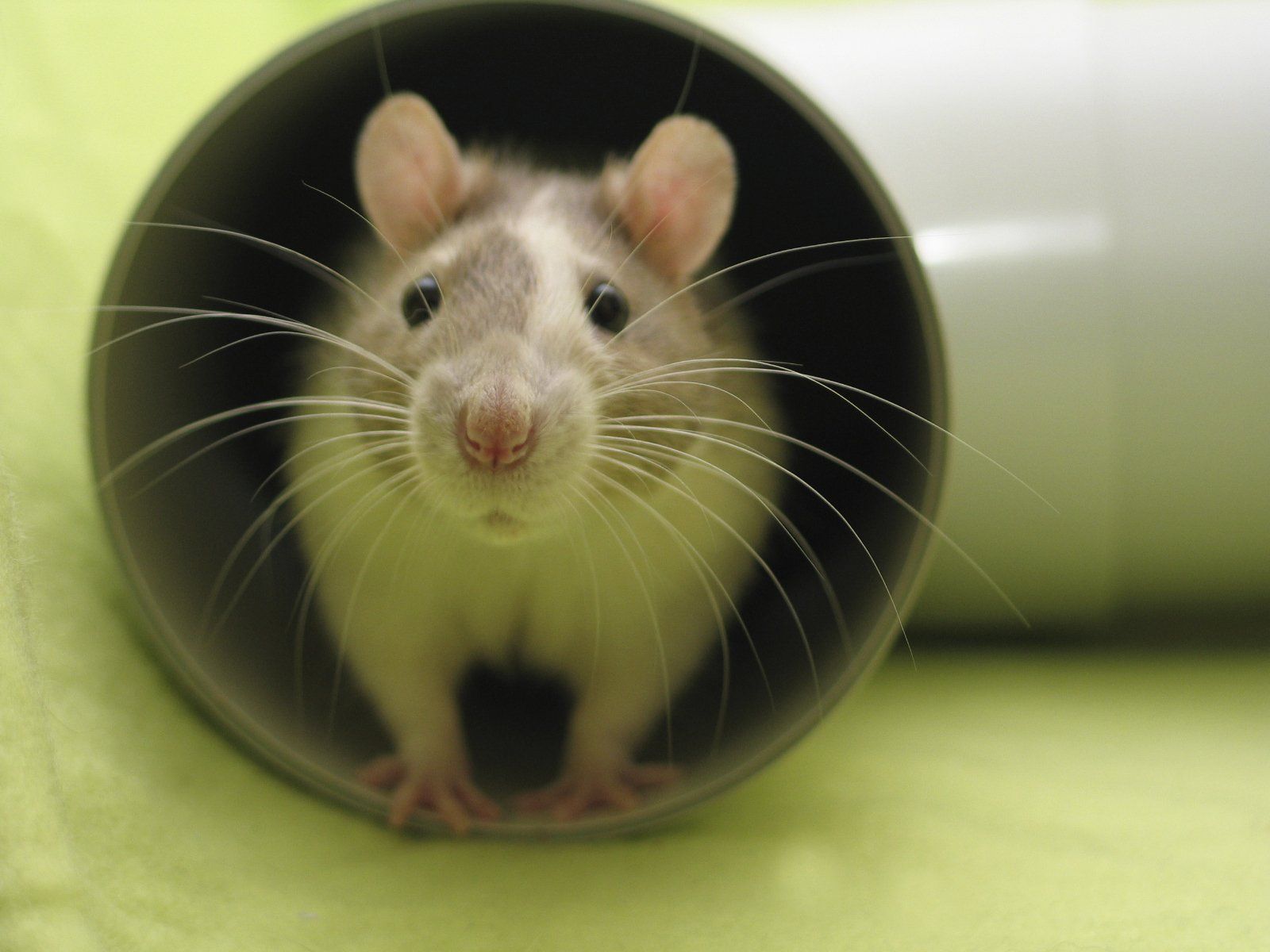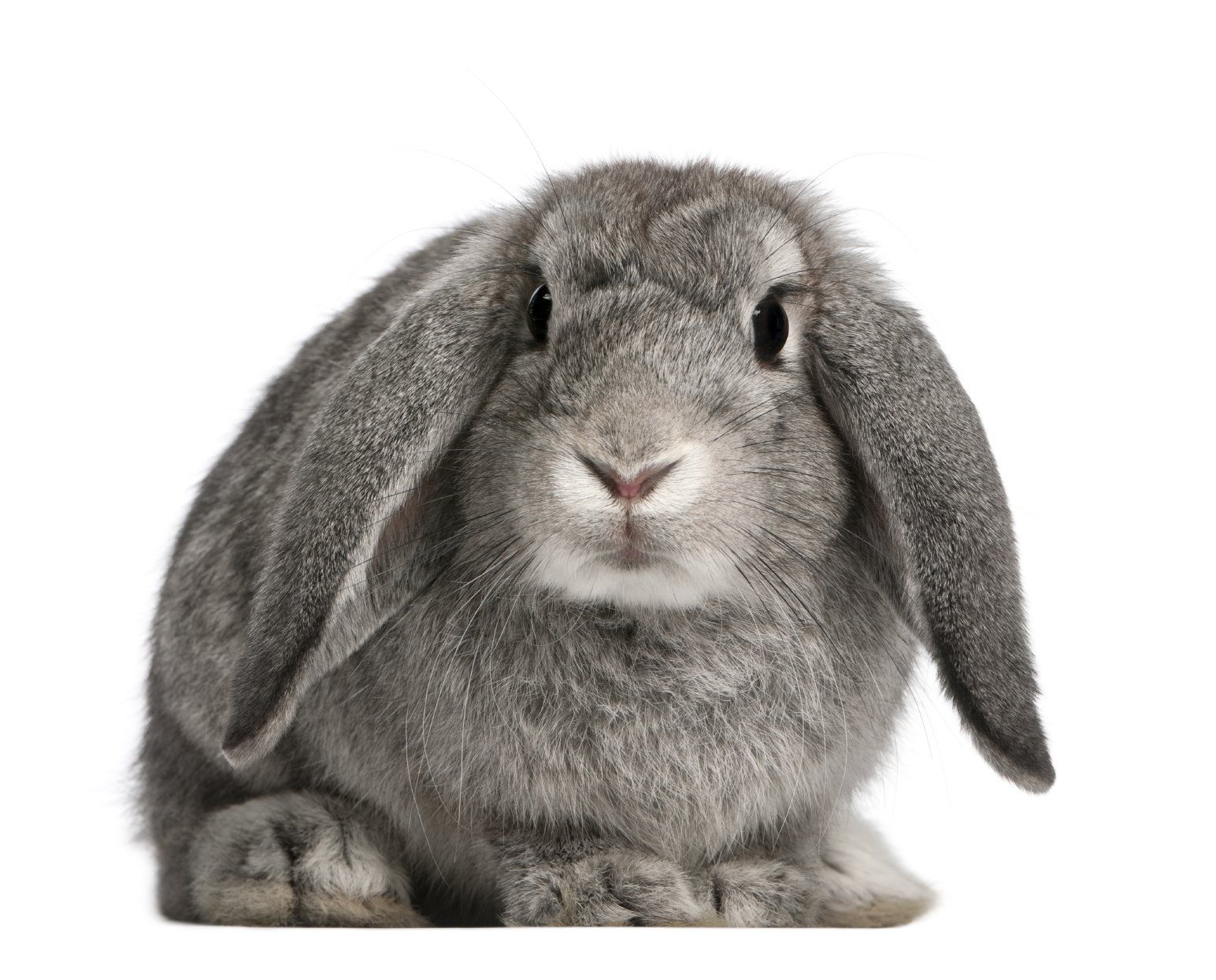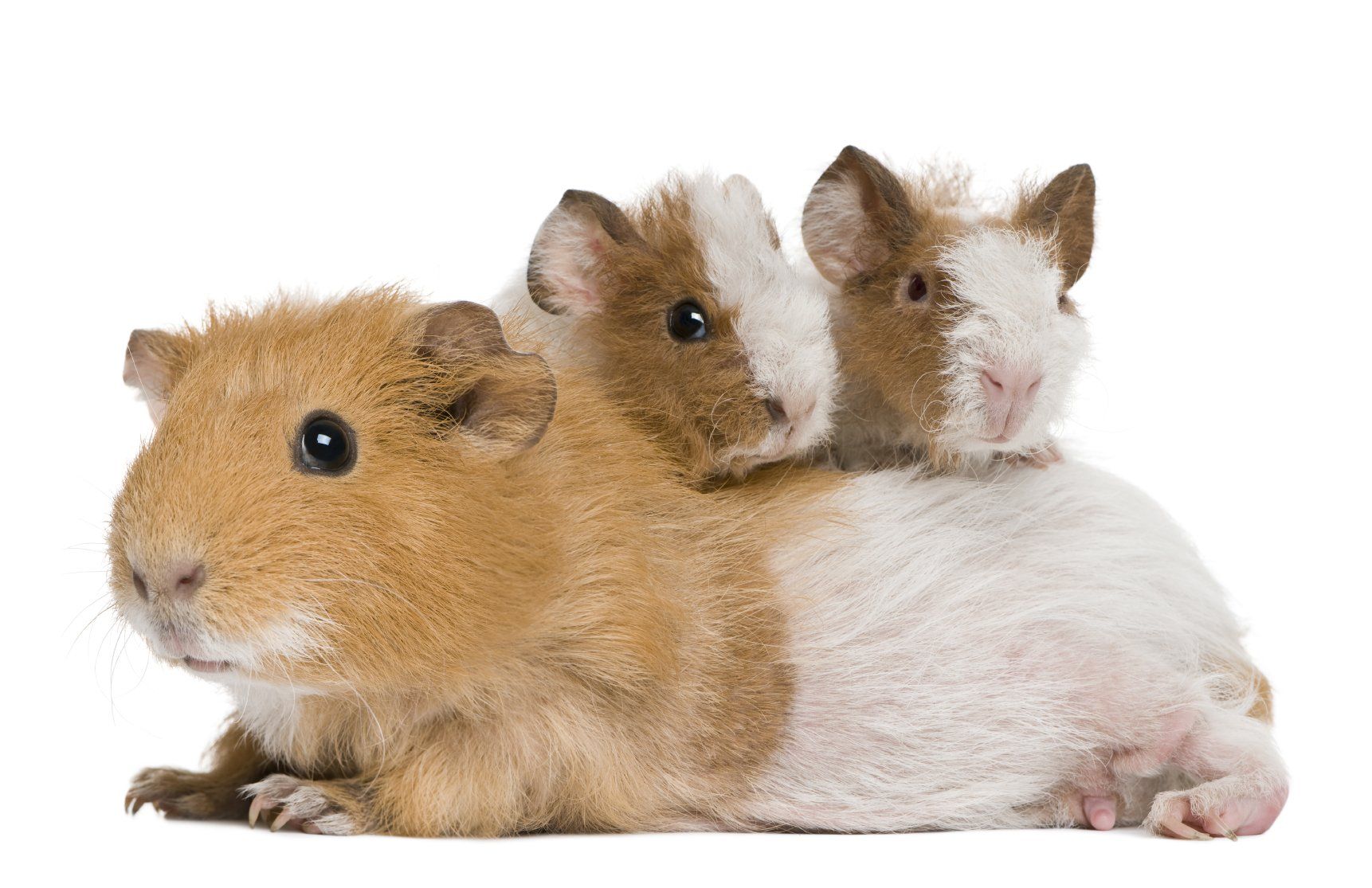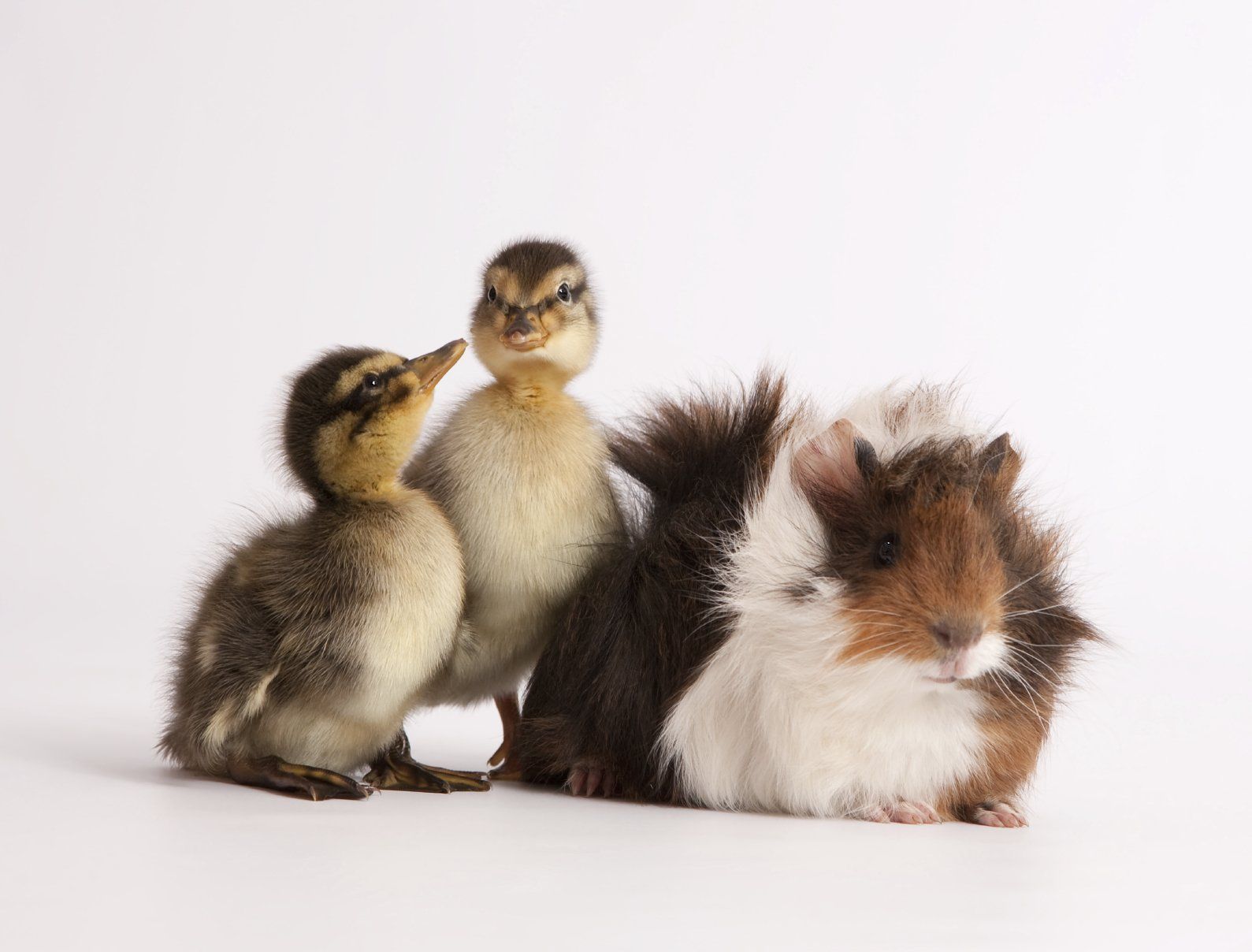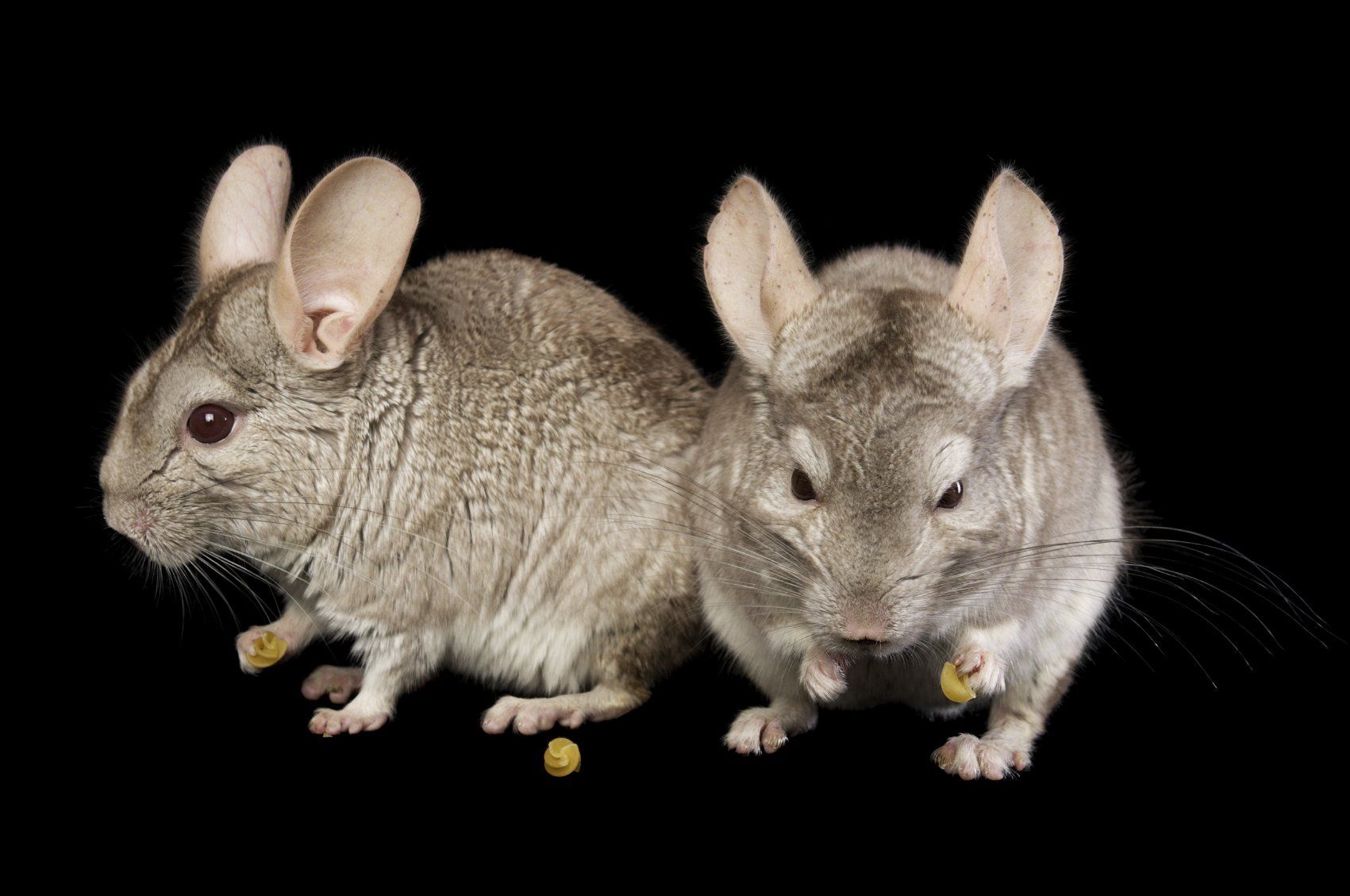Disease in Rabbits (from the RSPCA Website)
Myxomatosis
What is it?
Virus spread by fleas/mites/biting flies e.g. mosquitoes.
Early symptoms - puffy swellings around face/ears/eyes which can cause blindness, spreading around the
anus/genitals.
High fever. Eating/drinking becomes increasingly difficult.
Death within 10-14 days.
Occasionally myxomatosis is more prolonged - multiple lumps appear.
How is it spread?
Insects
Contact between infected rabbits
Persists in the environment (e.g. hutches)
Treatment and prognosis
No specific treatment, recovery is rare.
Euthanasia is often the best option.
Vaccinated rabbits can catch milder forms, often recovering with intensive veterinary care.
Rabbit (Viral) Haemorrhagic Disease (R(V)HD)
What is it?
Extremely serious causing high fever/internal bleeding/liver disease.
Almost always fatal.
Pet rabbits are often found dead with bloodstained fluid at mouth/nose, or there may be no visible signs (cause
of death only confirmed by post-mortem).
Doesn’t affect rabbits under six weeks but causes severe disease in older rabbits.
How is it spread?
Rabbit-rabbit contact
Persists in the environment (e.g. carriers/clothing/shoes).
Treatment and prognosis
There is no effective treatment. Vaccination is essential.
Flystrike in pets
Flystrike is a painful, sometimes fatal, condition caused by flies laying eggs on another animal, which hatch into
maggots and eat their ‘hosts’ flesh. If an animal becomes infested, seek immediate veterinary advice.
Which pets are most at risk?
Pets with dirty rear ends or generally dirty fur are particularly at risk. This may occur in animals which:
are unable to clean themselves properly
are ill, they may produce abnormally smelly urine or have diarrhoea
are fed inappropriate diets
have internal parasitic infection
have open wound(s).
Prevention methods include:
Check for signs of illness/injury/abnormal behaviour daily.
In warm weather check your pet all over their body, especially around their rear end and tail area at least twice
a day.
If your pets back end is dirty, clean immediately with warm water; ensure the area is dried thoroughly. It may be necessary to clip the fur; if you’re unsure how to do this, seek advice from a specialist.
Clean toilet areas daily.
Clean housing and change bedding at least once a week.
Ensure your pet is not overweight and is fed a correct diet.
Consider insect-proofing the housing of pets living outside, putting net curtains over hutches and runs etc.
Neuter female rabbits, entire females may be more prone to flystrike

